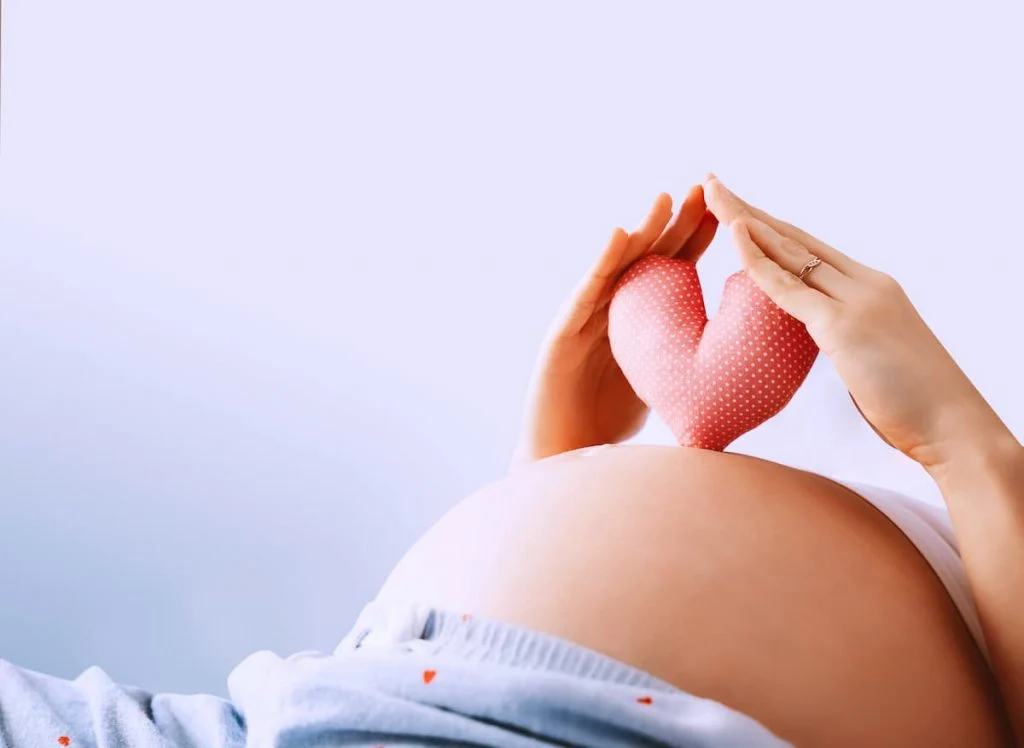Do you have a gun?
That’s my go-to question before my child heads off to a playdate at a new friend’s house. I typically shoot off an email (pun intended), but sometimes it comes in the form of a hurried text. After a couple of rambly paragraphs about school, snacks, and how the kids are total whirlwinds, I just throw it out there: “Do you own a gun? If so, is it stored in a lockbox?” (Would you keep it in a box? With a fox? In a house? With a mouse?).
I wasn’t raised with firearms in my home, but my partner, Mike, grew up with a police officer dad who didn’t always secure his service weapon. So, needless to say, I have my reservations. It’s strange that this question feels so awkward, almost too direct. I understand the right to bear arms is protected by the Constitution, but I still find myself crafting and re-crafting that email.
When one of my kids went to a playdate with a teacher’s child, I asked, “Do you have a gun?” I could almost hear the chuckle in the reply. Then my other child visited a home where the dad was also a police officer. At least then I could joke, “I ask this all the time!” and laugh it off, even though it’s serious business: “Do you have a gun? Is it safely locked away?”
We don’t have toy guns at home (okay, except for a remote control zombie robot their grandma gifted them, because grandmothers are like that). When my kids wonder why they can’t have Nerf guns or squirt guns, I tell them guns aren’t toys; they’re made for serious stuff, mainly killing. Sure, some people need rifles for hunting or for their jobs, like police officers or military personnel, but even those situations feel heavy and complicated. Guns, in my view, are definitely not for kids. And no one needs a pretend gun to play-fight with their siblings or friends.
“Mama, we have firefighter hats and knight swords.”
“Yes, but so far, no one has stormed a school wielding a hose or a sword—at least, not that I know of.”
That usually ends the debate. Even a seven-year-old understands the weight of that. A new friend of mine, who recently immigrated from England, found my inquiry hilarious. She noted how foreign it felt—so typically American—and shared my email with friends back home to illustrate how she was blending in. A Canadian friend echoed the sentiment: “Guns. So American. So absurd.” But they get it now that they live here.
No one hesitates to respond to my question, even gun owners—they understand the gravity of kids and guns not mixing. If a parent seemed uncertain, I’d suggest we meet at a neutral location for the playdate, like a brightly lit park. Strangely enough, no one has ever asked if we have guns or what their child will be doing in our backyard for hours (usually wild raspberry feasting and tick chasing). I’m all for giving my kids the freedom to explore, climb trees, and get stung by bees; I can’t shield them from every potential mishap.
I could ask about sexual predators in their home, what shows the kids will watch, or if there are old medications hidden away. Perhaps those things go without saying? But asking about guns feels like a decent icebreaker for discussing the fragility of our children’s lives.
So, it goes like this:
“I’ll be back in two hours. No allergies. Here’s sunscreen and a loaf of fresh-baked banana bread. Oh, and do you have any guns in the house? If so, are they locked up?”
Because I’ve drawn my line in the sand here, and this mama is firm on it.
For more insights on topics like this, check out our other blog post on privacy policies here. If you’re exploring the world of home insemination, Make a Mom is an excellent resource. Additional information on pregnancy can be found here, which is helpful for anyone on this journey.
Summary:
When it comes to playdates, one question reigns supreme for me: “Do you have a gun?” This query, while perhaps awkward, is essential for ensuring my children’s safety. I navigate the conversation with humor and seriousness, always prioritizing their well-being. It’s a topic that resonates with many parents, highlighting the importance of open communication about safety, even in seemingly trivial matters.
